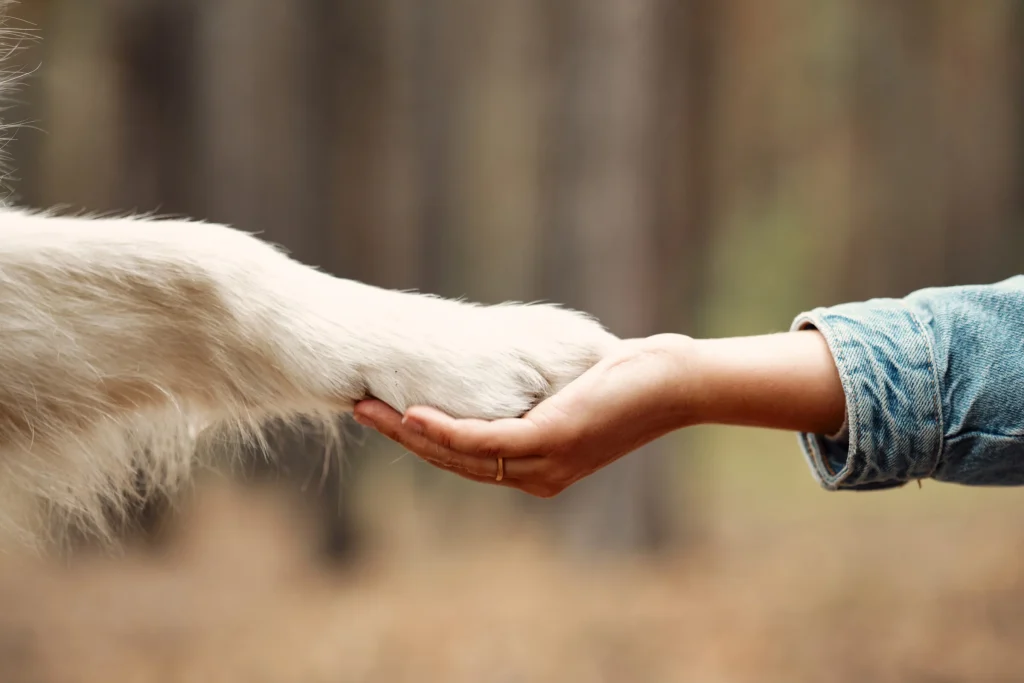
Building Trust: Tips for Bonding with a Rescued Dog
Adopting a rescued dog is a rewarding experience, but building trust is essential for establishing a deep, meaningful bond. Many rescued dogs come from environments where they’ve experienced neglect, trauma, or inconsistency, making them hesitant to trust humans. Creating a safe, caring, and supportive relationship will help your dog feel secure and loved. This guide provides practical tips to foster trust and build a lifelong connection with your furry friend.
- Know Your Dog’s Background and History
Understanding your dog’s past can provide insights into their behaviour, fears, and triggers. Speak to the shelter, rescue organisation, or previous owners to learn as much as possible. Was the dog abused, abandoned, or raised in a chaotic environment? Knowing this will allow you to address their unique needs and approach them with empathy and patience.
- Create a Safe and Comfortable Environment
A safe, calm environment is crucial for a rescued dog’s well-being. Make sure your home is a peaceful retreat with a designated space for your dog, such as a cosy bed or crate where they can retreat when they need time alone. Avoid overwhelming them with loud noises or large groups of people, especially in the early days. A stable environment helps reduce anxiety and establishes trust.
- For consistency, establish a routine.
Dogs thrive on routine, and this is especially true for rescued dogs who may have lacked consistency in their previous lives. Regular feeding times, walks, and bedtimes will help your dog feel secure and know what to expect. A consistent schedule fosters trust by consistently meeting your dog’s basic needs.
- Use positive reinforcement training techniques.
Training is key to building trust and establishing boundaries. Positive reinforcement, such as treats, praise, and affection, is a gentle way to encourage good behaviour without fear or punishment. Avoid scolding or using harsh discipline, as this can damage the fragile trust you’re trying to build. Celebrate small victories and achievements to help your dog feel confident and loved. - Spend quality time together every day.
Bonding requires time and attention. Set aside moments each day to engage with your dog, whether it’s through petting, talking, or simply sitting together. Your presence reassures them that they are safe and cared for. Building trust takes consistent effort, and daily interaction strengthens your connection.
- Be patient: Trust takes time.
Trust doesn’t happen overnight, especially with a rescued dog who may have experienced trauma or neglect. Be patient and give your dog time to adjust at their own pace. They might be slow to warm up, but with consistent care and understanding, they will eventually come around. Celebrate small milestones, such as them approaching you willingly or showing affection, as signs of growing trust.
- Read your dog’s body language.
Dogs communicate largely through body language. Learning to read your dog’s cues will help you understand how they’re feeling and what they need. Look for signs of stress, such as tail tucking, ears pinned back, or avoidance, and give them space if needed. Similarly, wagging tails, relaxed posture, and playful behaviour indicate comfort and trust. Understanding these signals will enable you to react appropriately and establish a stronger bond.
- Engage in Fun Activities and Playtime
Play is a wonderful way to bond with your dog and relieve stress. Engage in activities that your dog enjoys, whether it’s fetch, tug-of-war, or exploring new places on walks. Interactive play helps you build positive associations and deepen your connection. Adapt your dog’s personality and energy levels during play sessions to make them feel at ease and involved.
Building trust with a rescued dog is a gradual, ongoing process, but the rewards are immeasurable. By creating a safe environment, establishing a routine, using positive reinforcement, and being patient, you’ll nurture a bond that lasts a lifetime. Your dog will come to see you as their protector, companion, and best friend, leading to a trusting and loving relationship that will enrich both your lives.
